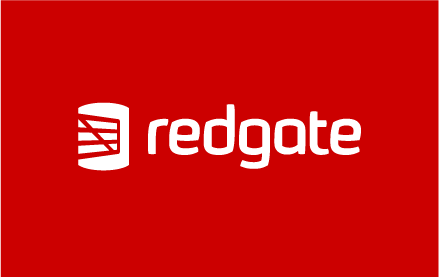The business value of frequent deployments
We’ve written a ton of content about how to unlock the value of frequent deployments for your database as well as applications, from improved coding patterns to strategies for architecting smaller deployments. But the multi-million-dollar question for you and your business is something else entirely: what is the real business value of frequent deployments? That’s the question I’m going to address in this series of three posts.








